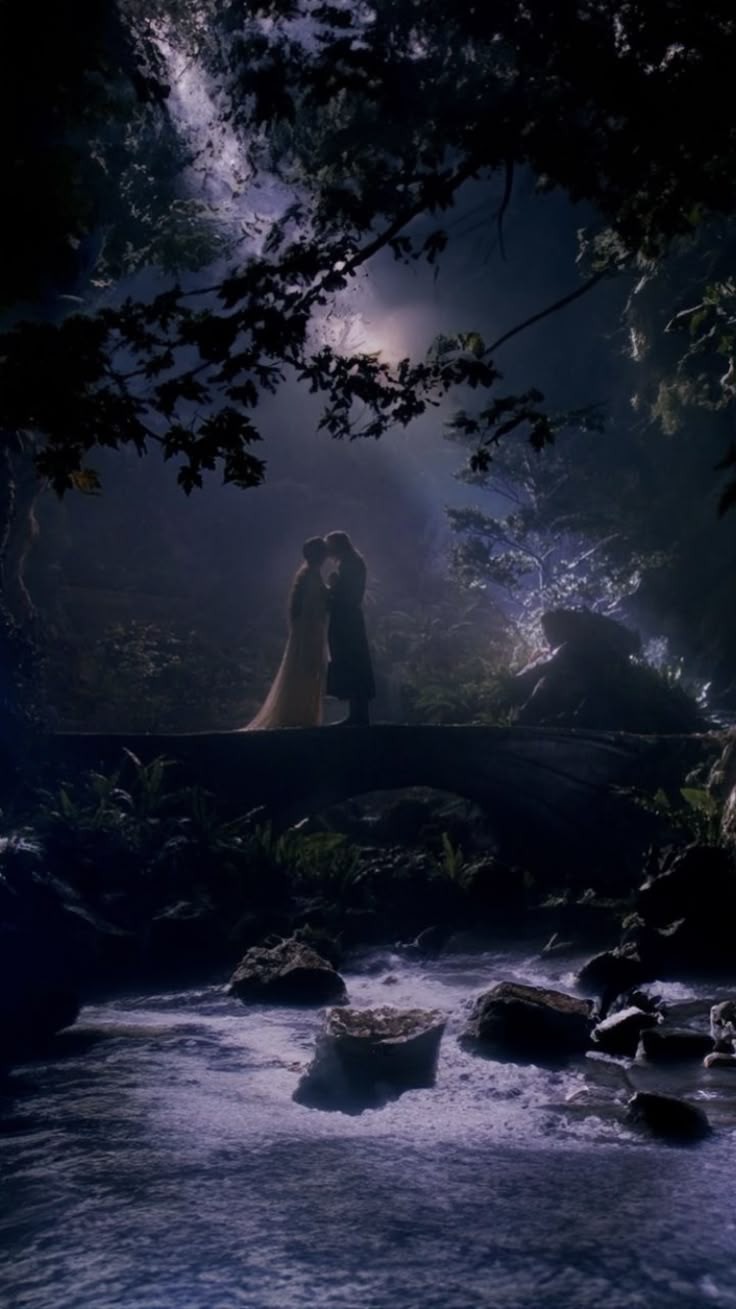
What We've Lost, Realized, and Gained
“Mademoiselle Albertine has gone…”—this is how Proust begins the sixth volume of his monumental series In Search of Lost Time. A sentence etched in the minds of many, it captures the essence of the entire book in just a few words. What does the final line of that first page say? “What I thought was nothing was, in fact, my whole life, my everything.” As Marcel sets out to end things with Albertine, he finds himself the one being left—and suddenly, he realizes her true value.
He had already made up his mind. After long reflection, he concluded that he no longer wanted Albertine, that he no longer loved her. And so begins the lingering question: was this a grand love story or merely a childish obsession? Would Marcel have felt relief, even happiness, had he broken things off before she did? Or did his sudden awareness, his desperate longing for her return, stem not from love but from wounded pride—because he wasn't the one to walk away?
Perhaps to spare the reader this confusion, Marcel then begins a long, detailed narration. He recounts his love for Albertine, painting her in vivid detail down to the smallest things he admired. With each page, we witness his growing self-awareness, as loss forces him to question and reflect.
Marcel’s first realization, as he calls it, is love. Albertine’s departure prompts him to weigh his feelings, to define love in his own words. Through hundreds of pages, we come to understand that while he may have loved her deeply at one point, she has now become something of an obsession. He wants her to regret leaving, to return on her own. But if she did, would he really take her back? Or would he simply claim victory, driven by pride?
Despite exchanging letters through the housemaid, Marcel's feelings become too overwhelming. When he sends an old friend to follow Albertine, the story takes another turn. He cannot trust her letters, cannot trust her sincerity. When Albertine senses she’s being followed, she writes to Marcel saying, “If you want me to come back, I will.” But he replies that it’s unnecessary—perhaps to save face, to appear “cool.” And yet, we as readers sense his inner turmoil, his fear of appearing weak. He cannot bring himself to say, “Come back.” Is it obsession or pride? And is there room for pride in love? Could someone truly in love say no to the return of the person they adore?
While we're pondering these questions, Marcel is still analyzing his emotions when he’s struck by devastating news. Mademoiselle Albertine is now truly gone… She has died from a fall off a horse. The finality of this news shakes him. The woman he loved is gone forever. He can never see her again. The weight of this reality hits him like a slap in the face. Alongside grief, however, other emotions begin to surface.
His jealousy intensifies. Now that she’s never coming back, he continues to dwell on rumors—particularly claims of Albertine’s involvement in lesbian affairs with her female friends. Marcel is driven to madness by these thoughts. He revisits their entire relationship, questioning her honesty, her loyalty. But no answer satisfies him. Was it ever truly love, then? When someone loses the woman they love most in the world, do they grieve or do they obsess over rumors? Or is Marcel’s true fear the idea that his greatest love never held the same meaning for her?
Albertine is dead. So… what now? Just when the question hangs in the air, Marcel runs into his former lover Gilberte after many years. But his heart doesn’t race like it once did. And so he draws a conclusion—if he could forget Gilberte so completely, perhaps he can also move on from Albertine. And, as he predicts, that’s what happens. With time, he realizes Albertine’s memory has faded. Thinking of her no longer wounds him as it once did. The woman he thought he couldn’t live without has become a distant recollection.
This aligns beautifully with Proust’s reflections on memory and the nature of time. Albertine’s death transforms Marcel’s view of love, loss, and memory. Yet as time dulls the pain, he comes to accept that forgetting, and the erosion of the past, are natural parts of being human. The Albertine we first met in the earlier volumes, whose name appears 2,360 times throughout the series, ultimately becomes just a fading shadow in Marcel’s mind.
And with that, I’ve reached the end of this small reflection on The Fugitive and Proust.
Thank you for your time, dear reader. Take care, and stay well…

